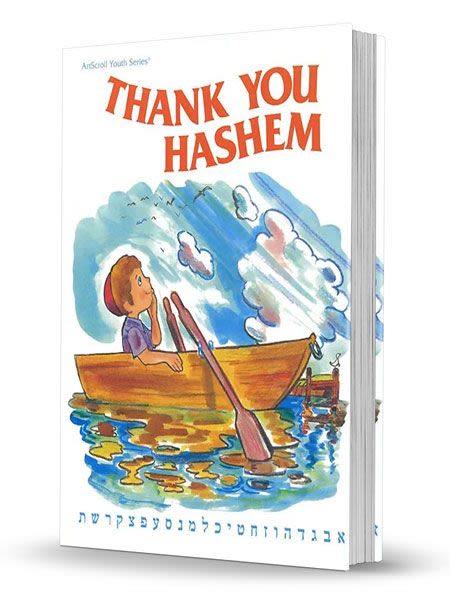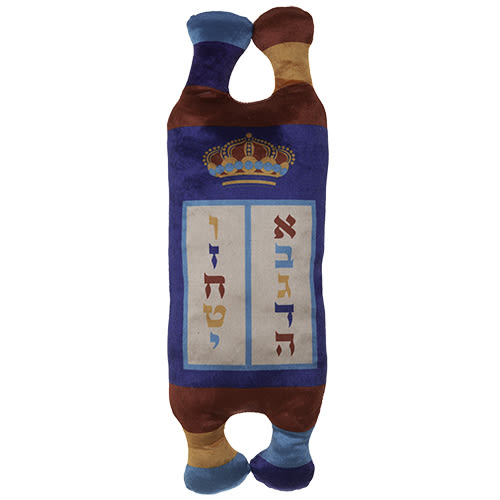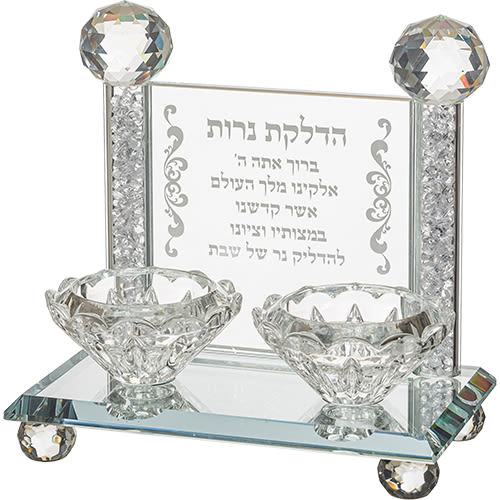
Likutei Moharan: Who Can Rebuke?
A person who does not possess the skill to admonish can cause serious damage. Not only his rebuke will be ineffective, but he’ll create a spiritual stench…

Translated by Rabbi Dov Grant
An excerpt from Likutei Moharan, by Rebbe Nachman of Breslev
Moshe Rabbenu’s words of reproof were not overt. Rashi explains that Moshe only mentioned the names of the places where they [the Children of Israel] had angered Hashem, rather than detailing the events that took place there. Moshe employed subtlety in order to preserve the dignity of the Jewish nation. This teaches us that it requires special skill to effectively rebuke a fellow Jew.
Now it’s true that rebuke is a very great thing. It is incumbent upon us all to admonish our fellow Jew when he does not behave correctly. The Torah has accordingly instructed us (Vayikra 19:17): “You shall surely rebuke your fellow Jew”. However, not everyone is ‘cut out’ for the job. Rabbi Akiva (Arachin 16b) declared “I would be most surprised if there is anyone in this generation that knows how to effectively reprimand his fellow Jew”. It goes without saying that Rabbi Akiva would have held this opinion in our times.
If a person does not possess the skill to admonish, it can cause serious damage. It’s not just that his rebuke will be ineffective. Rather, he causes a stench of the very neshamot/souls of the intended recipients of his reproach. His admonishment awakens the “bad smell” of the other person’s bad deeds and faulty middot/character traits. This is akin to something that possesses a bad smell, but is lying at rest. As long as the item is not moved, one cannot sense the smell. However, a mere shift is enough to cause the stench to be felt.
Similarly, someone unskilled in rebuke ‘moves’ and awakens the bad smell of the other’s bad deeds and faulty middot, causing the people to “stench”. This causes their neshamot to weaken, severing the bounty from all the Heavenly worlds that depend on these very neshamot. For Chazal tell us that the neshamah mainly derives its sustenance from smell. (This transpires from an investigation into the source verse for the blessing over fragrance. They derive the blessing from (Psalms 150) “Every neshamah will praise You”, concluding that smell is the only thing in this world that the neshamah alone, not the body, enjoys). Consequently, when someone rebukes people inappropriately, he causes them to stench, so to speak. This causes a corresponding weakening in the neshamah that is sustained through smell, severing the bounty from all the Heavenly worlds that are dependent on these people.
The opposite is true of someone that has the skill to effectively reprove people. Through appropriate admonishment, he actually gives or adds to the “good fragrance” of the neshamah. For in truth, all rebuke must be related to that of Moshe Rabbeinu.Moshe reproved the Jewish People over the incident of the golden calf, giving them a “pleasant fragrance” alluded to in (Song of Songs 1:12): ‘My nard gives fragrance’: It does not say that the fragrance of the Jewish people departed – rather it was given, as Rashi explains there on that verse, from the words of Chazal (Shabbos 88b). Moshe’s rebuke over the golden calf imparted a “pleasant fragrance” to the Jewish people an aspect of mezona denishmata/food for the soul. For, as mentioned, the main sustenance of the neshamah is by way of smell; the voice of one skilled in rebuke imparts a good fragrance to neshamot, related to mezona denishmata. (Likutei Moharan II 8:1)
***
Rabbi Dov Grant has his own website at http://likuteihalachos.blogspot.com. You may contact him at ravdgrant@gmail.com













7/26/2009
Confusing I don’t understand what you’re talking about with spiritual smells and rebuke, or how Moses rebuked properly.
7/26/2009
I don’t understand what you’re talking about with spiritual smells and rebuke, or how Moses rebuked properly.